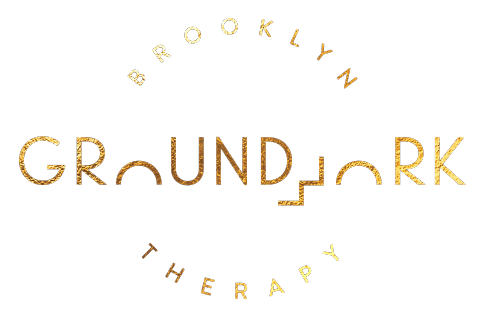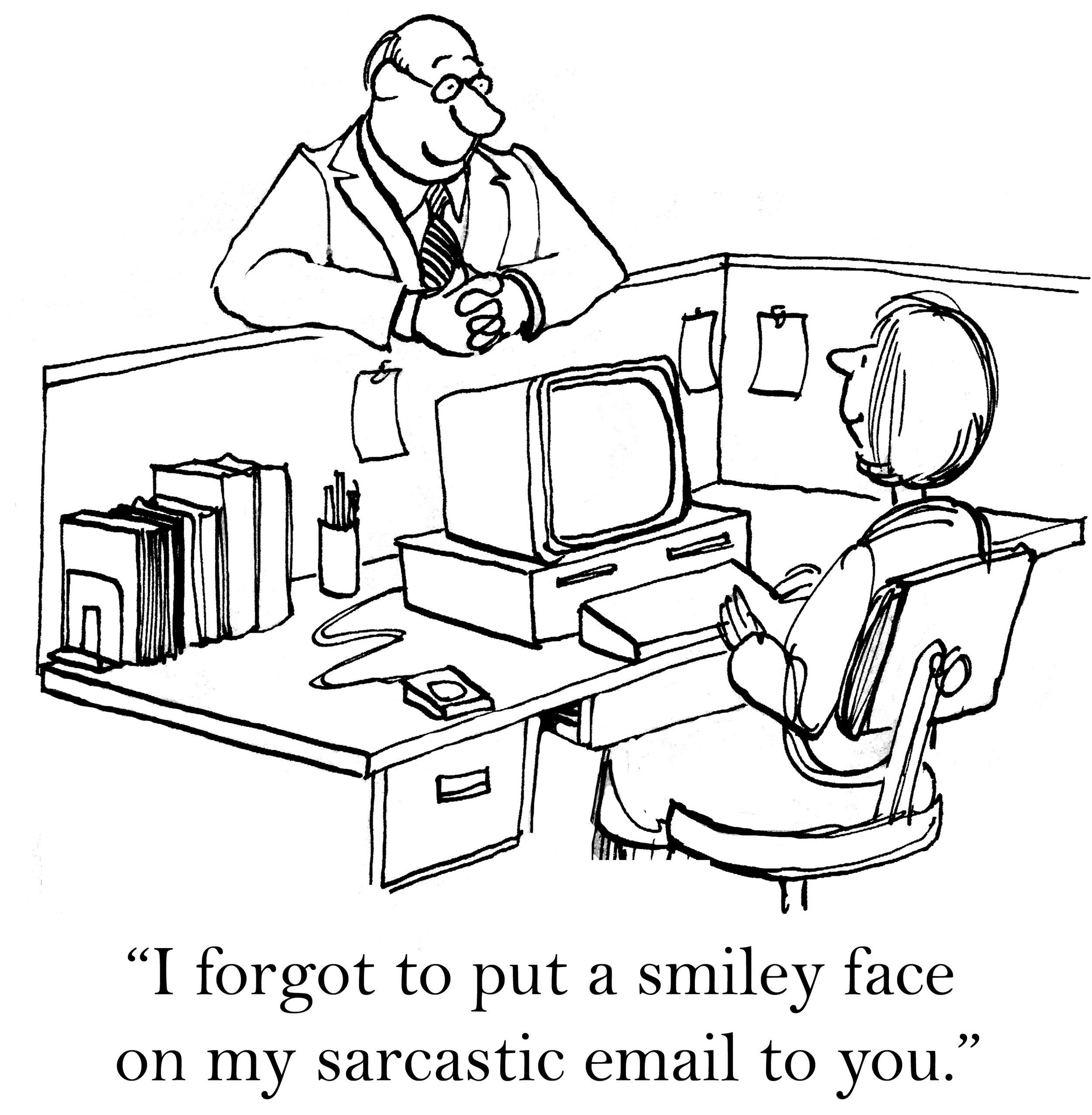Bridging the Gap: Understanding and Overcoming Emotional Distance in Relationships
Have you noticed something has shifted in your relationship? In this article, we’ll delve into why couples experience emotional drift, common causes and most importantly, steps you can take to repair and rejuvenate your relationship.
Addressing Internalized Homophobia: Steps Toward Self-Acceptance
Internalized homophobia refers to the negative beliefs, stereotypes, and prejudices that LGBTQ+ individuals may internalize about their own sexual orientation or gender identity due to societal discrimination and stigma. This deeply ingrained self-hatred can have profound emotional and psychological consequences. However, it is important to acknowledge that self-acceptance and self-love are achievable aspirations. In this article, we will delve into the steps toward addressing internalized homophobia and attaining a sense of self-acceptance and pride.
When Work Takes a Toll: Identifying Signs of Stress and How Therapy Can Assist
In today's fast-paced business environment, stress in the workplace has become a prevalent issue, taking a significant toll on the mental health of workers worldwide. The aim of this article is to help you recognize the signs of work-related stress and to understand how therapy can provide effective strategies to manage and alleviate these pressures
Face-to-Face vs. Screen-to-Screen: The Impact of In-Person Therapy
In the digital era, where Zoom meetings have replaced conference rooms and social interaction often happens through screens, it's no surprise that telehealth has emerged as a convenient alternative for mental health treatment. In this article, we delve into why, despite the convenience of telehealth, the advantages of in-person therapy should not be overlooked.
Parental Support: How to Be an Ally to Your LGBTQ+ Adolescent
Parenting comes with its own set of challenges, but being a supportive parent to an LGBTQ+ adolescent requires an extra level of understanding, empathy, and acceptance. As a parent, your support plays a crucial role in your child's emotional well-being and mental health. LGBTQ+ youth face unique challenges, such as societal stigma, discrimination, and the journey of self-discovery. In this article, we will explore how you can be an ally to your LGBTQ+ child and create a safe, loving, and affirming environment for their growth and happiness.
Understanding Sadness Vs. Depression
Sadness and depression are two distinct emotional experiences, although they can share some similarities. Understanding the differences between the two can help individuals recognize and address their emotional well-being more effectively.
Unraveling the Differences Between a Psychologist and a Therapist
Have you ever felt confused when trying to decide between working with a Psychologist or a Therapist? While their job titles may sound similar, there are actually some key distinctions that make them unique. Let us explore the differences between Psychologists and Therapists so you can decide the right option for your needs.
Beyond Baby Blues: Recognizing and Coping with Postpartum Depression
Postpartum depression (PPD) is a serious mental health condition that can affect many new mothers. It is characterized by feelings of sadness and loneliness, along with difficulty bonding with the baby. If left untreated, PPD can lead to severe depression and other health problems, so it’s important to be aware of the signs and to seek help if you’re experiencing them.
Social Media and Metal Health
Digital overload can have serious effects on mental health, particularly when it comes to social media. Studies show that excessive use of social media can lead to feelings of depression, anxiety, and loneliness, as well as lower self-esteem and a decrease in overall well-being. Spending too much time online can also cause people to become desensitized to real-life relationships and events, leading to a disconnect between themselves and the physical world. The perception of mental health carries an unfortunate stigma, and social media can be a catalyst for either improvement or furthering this bias.
How Therapy Can Help to Understand the Lived Experiences of Your Trans Loved Ones
Seeking professional therapy is a great way for friends and family members of transgender individuals to better understand their loved one’s experience. A therapist can provide guidance on how to be supportive, as well as provide resources and education about various transgender experiences.
Inflation has a ripple effect that extends far beyond just economic hardship
The rising cost of living has had a profound impact on mental health, with people struggling to make ends meet and dealing with financial stress. Inflation has led to higher prices for food, housing, transportation, and other basic necessities. This can cause serious economic hardship and put an immense strain on individuals’ mental well-being.
Loss, Grief, and Bereavement: What You Need to Know
It's important to remember that there's no 'right way' to grieve – everyone will experience their unique journey when dealing with a significant loss. However, understanding more about grief and loss can help you find ways to cope with your feelings during this challenging time.
Need a Therapist in Brooklyn? 5 Tips on How to Find the Right One for You
If you're looking for a therapist in Brooklyn, you're not alone. According to the CDC, 1 in 5 Americans will experience a mental health disorder each year, and many will seek a therapist for help. With so many qualified professionals to choose from, it can be difficult to find a therapist who best fits you. Here are 5 tips for finding the right Therapist in Brooklyn, including near the neighborhoods of Prospect Heights, Clinton Hill, Park Slope & Downtown Brooklyn.
The Truth About Compulsive Liars: Why They Do It and How to Help
Compulsive lying is a serious mental disorder that can have devastating consequences for individuals and those around them. In this article, we will explore the causes of compulsive lying, signs of a compulsive liar, and discuss how to seek treatment.
What Is Passive Aggression and Why Does It Happen?
Passive aggression is a type of behavior that can be difficult to understand and deal with. It is a way of expressing anger or frustration through indirect means.
Warning Signs of Teen Depression That Parents Need to Know
Depression is a very real problem among teenagers in the modern age, and often it can be difficult for parents to recognize what constitutes normal teenage emotions and behavior versus more severe cases of depression. In this article, we shall explore further the warning signs as well as treatment options available to those affected by teenage depression.
Performance Anxiety: What It Is and How to Overcome It
Performance anxiety is an issue that many people face, and it can have a significant impact on our lives. Through effective strategies such as relaxation techniques and cognitive-behavioral therapy, we can learn to cope with our fear and manage our stress levels when faced with an intimidating task.
Understanding Dysphoria - Types, Signs and Coping
Dysphoria is a feeling of unease or dissatisfaction with life. It is different from depression in that dysphoria does not always involve feelings of sadness or despair. Rather, it is a general feeling of unhappiness or discontent.
5 Signs You Are Making Progress in Therapy
Making progress in therapy can be challenging to determine. It can be hard to know if you are really getting better or not. This is especially true if you are new to therapy. However, there are indicators that can assure you that you are making progress in therapy. If you are currently seeing a therapist, here are 5 signs that things are going well and you are making progress





















